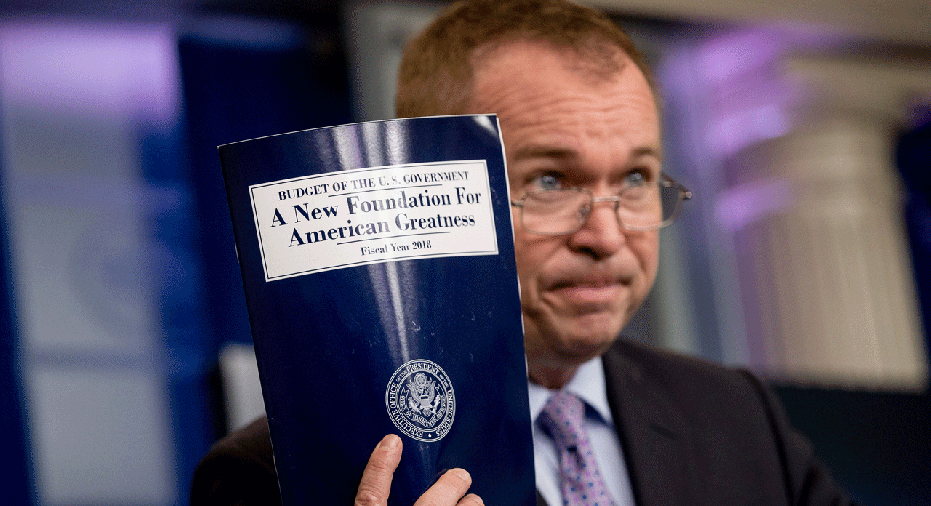Trump budget saves taxpayer money by weeding out welfare freeloaders

Office of Management and Budget director Mick Mulvaney delivered a tough message on Tuesday as he explained the cornerstone of the Trump administration’s budget blueprint for fiscal year 2018; ween capable, low income Americans off of welfare programs and put them back to work.
“We’re no longer going to measure compassion by the amount of money we spend, but by the number of people we help. That is how you can get 3 percent economic growth … Everything that we do in this administration, every single time I’m called into the Oval Office … the focus is sustained 3 percent economic growth,” Mulvaney said during a press conference Tuesday.
While the budget, which Mulvaney said should have been called the taxpayer first budget, aims to streamline agencies, trim bloat and eliminate waste, it has been criticized heavily for decreasing fiduciary support to popular social programs like food stamps and Medicaid. House Minority Leader Nancy Pelosi (D.-Calif.) called the proposal a “cruel” reflection of President Donald Trump’s values.
“Families across America would suffer, with particularly harsh effects on rural communities,” Pelosi said in a statement.
Funding for food stamps, also known as the Supplemental Nutrition Assistance Program (SNAP), will be trimmed by $193 billion over the next decade. Cuts will also be made to climate science research and Medicaid spending will be slowed. While Mulvaney made it clear Medicaid spending would not be reduced on a year-over-year basis, funding will fall short of what the Congressional Budget Office estimates the government should pay.
The director also defended the decision to tighten the belt on some social programs by asking whether every recipient is qualified to receive the corresponding services. He said the administration will be taking steps toward making sure Americans aren’t exploiting programs, like food stamps or Social Security Disability Insurance, while assuring that the administration would not deny deserving people services.
“We have plenty of money in this country to take care of people who need help and we will do that,” he said.
For those who don’t need it, the government wants to create a pathway to employment.
“If you’re in this country and you want to work … We’re going to get 3% growth and we’re going to give you the opportunity to work,” Mulvaney said.
As the president promised throughout his campaign, Social Security, retirement income and Medicare will remain untouched.
The Trump administration’s 3 percent economic growth assumption relies on passing comprehensive tax reform and repealing and replacing the Affordable Care Act.



















